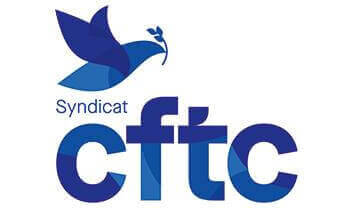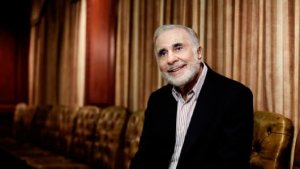Xerox Corp. will have to lay off more workers after it splits in half, the company’s next leader said, even as he predicted sales declines would ease over the next three years.
The Norwalk, Conn., company is preparing to separate its legacy printer-copier business from other contract services like toll-booth software and call centers. The services segment, called Conduent Inc., is scheduled to split off at the end of the year.
President Jeff Jacobson, who will become Xerox’s chief executive after the spin-off, said in an interview that the company needed changes to put it on a stronger footing.
« Part of that unfortunately comes from headcount reductions, » Mr. Jacobson said. « You want to be a leaner organization. »
The company will have 39,000 employees after the separation, but Mr. Jacobson declined to say how many jobs would be cut. The company has said it plans to improve its bottom line by about $1.5 billion a year, mostly through cost reductions.
Xerox forecasts that it can generate above-market sales by 2020, a low benchmark for a sector that the company says has shrunk about 3% in recent years.
The company expect revenue trends next year that will be similar to the current year, with sales picking up in the second half of 2017.
Revenue from its core documents business fell 3.7% to $8.04 billion during the first nine months of 2016 after accounting for foreign-exchange rates.
The hardware maker plans to launch 29 products next year, adding printer models and introducing new software for handling documents tied to specific sectors, such as health care.
In a presentation Wednesday to investors, the company is expected to repeat its commitment to maintaining an investment-grade rating and say it will pay out a 25-cent dividend each year, down from the current 31-cent payout.
Mr. Jacobson, who joined Xerox in 2012, also said the company would break from tradition by distributing machines through resellers that carry multiple brands, an effort to gain more sales from small and mid-sized businesses. Xerox currently sells machines directly and also through exclusive resellers, a model that mostly serves big corporate customers.
After shedding most of its unrelated services units, the company doesn’t plan to make major near-term asset sales. « We don’t really see anything of significance that we would divest, » Mr. Jacobson said. « What we do have is some cash cows. »
By Drew FITZGERALD Published: Dec 7, 2016 6:47 a.m. ET


